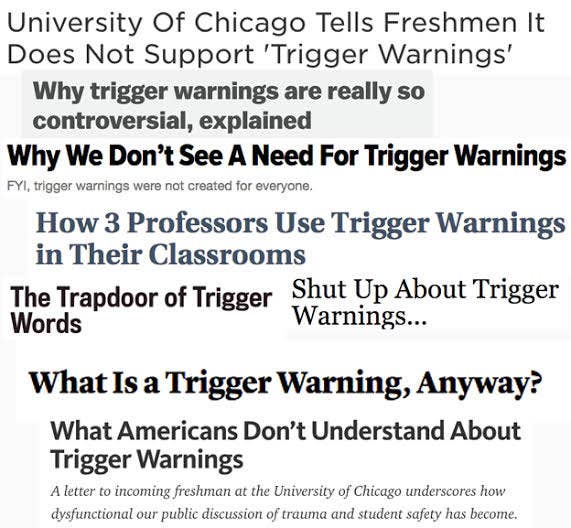With college now in session, the topic of trigger warnings in the classroom is back in the news.

First, let's talk about what trigger warnings actually are.
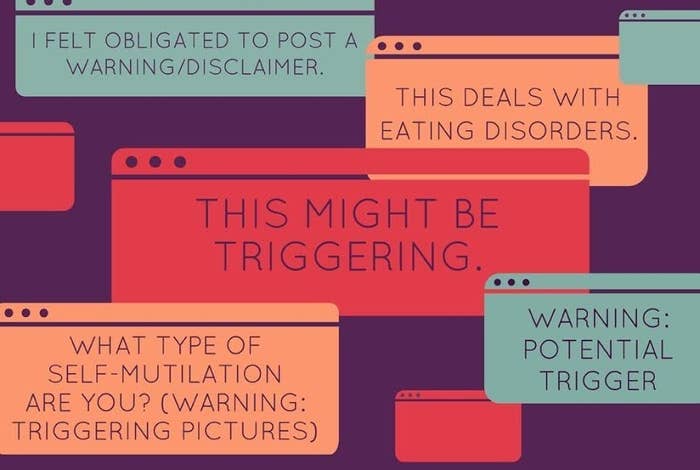
BuzzFeed Health spoke with the following psychologists about what they wish people knew about trigger warnings from a mental health perspective:
* Ryan Howes, PhD, California-based clinical psychologist
* Ruth Goldston, PhD, New Jersey-based psychologist
* Nance Roy, EdD, clinical director at the Jed Foundation and assistant clinical professor at the Yale School of Medicine Department of Psychiatry
* Andrea Bonior, PhD, clinical psychologist and adjunct professor at Georgetown University
* Eileen Zurbriggen, PhD, psychologist and professor at the University of California, Santa Cruz
* Elana Newman, PhD, research director for the Dart Center for Journalism and Trauma and professor at the University of Tulsa
Here's what they had to say:
1. There’s a difference between being triggered and being uncomfortable.
2. What a trigger warning actually looks like can vary — but they're usually not blanket statements from the university.

3. Trigger warnings can also be for content related to suicide, self-harm, addiction, and eating disorders.
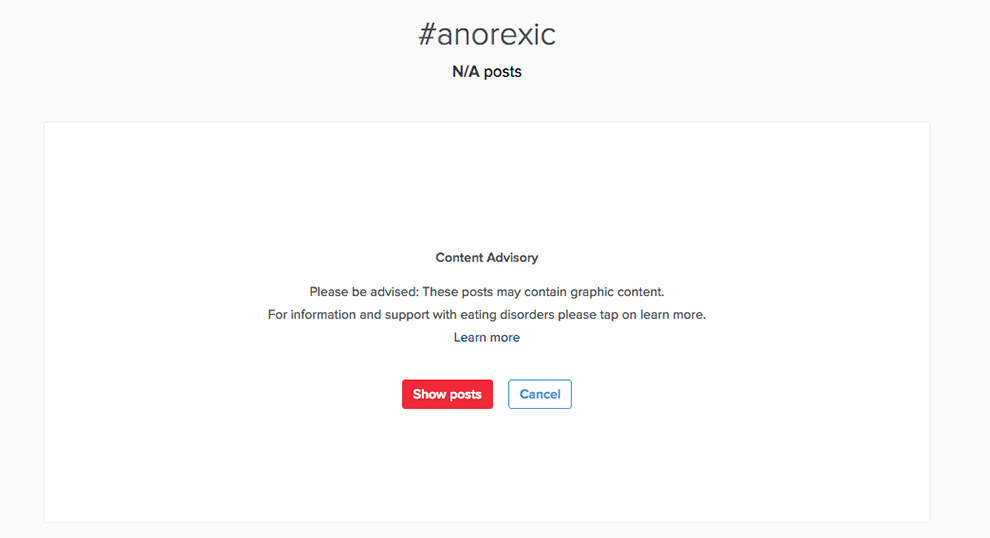
4. However, they're not meant to obstruct free speech or dictate what a professor is and isn't allowed to teach.

5. The goal of trigger warnings is not to avoid all triggers, but avoidance may be necessary based on where you are in recovering from your trauma.
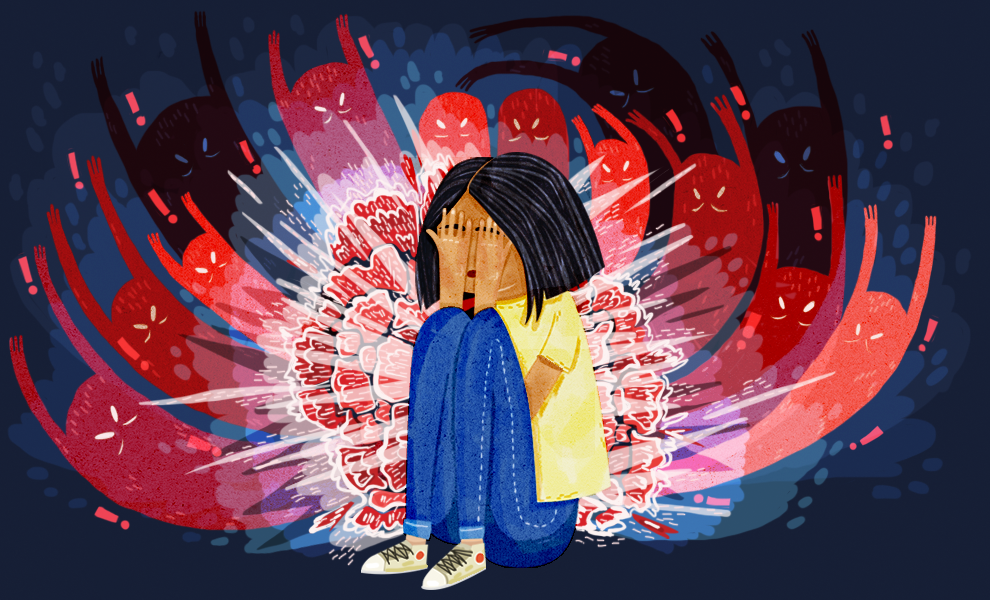
6. Ideally, trigger warnings would be a part of a larger treatment plan with a professional.

7. If you need an accommodation based on a mental illness or disability, there are resources available to you — regardless of your university's stance on trigger warnings.
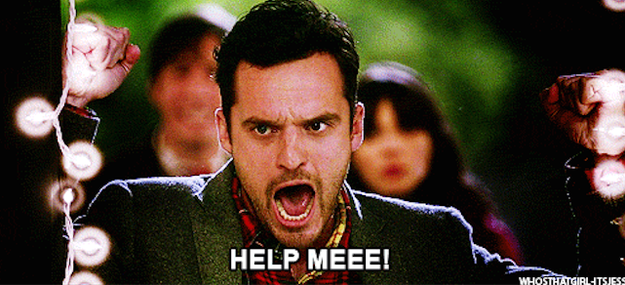
8. Trigger warnings don't need to be applied globally to be effective — both students and professors can play a role in utilizing them.
9. Some believe that even the act of asking for a trigger warning can be an empowering step in someone's recovery.
10. Asking for a trigger warning isn’t asking for a world without triggers.



